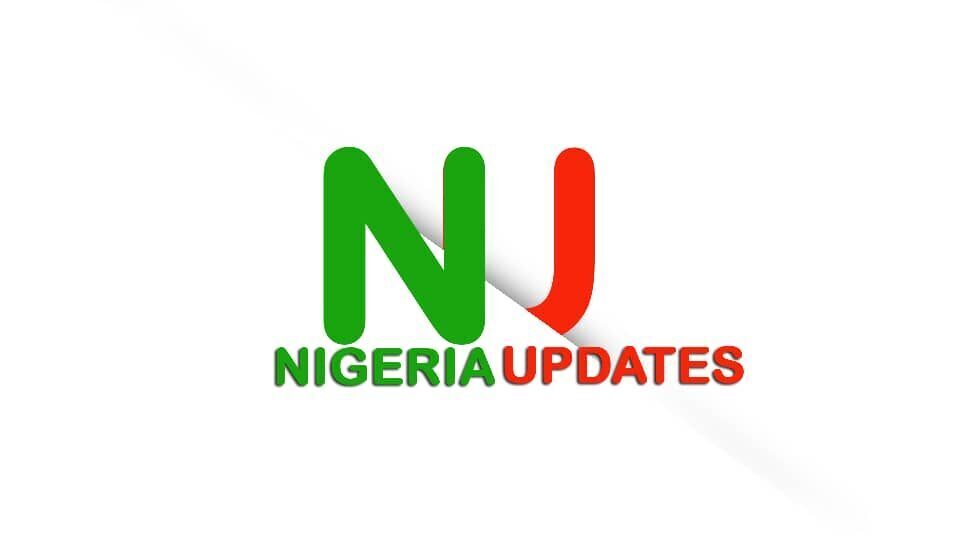Nigeria’s National Single Window (NSW) project has entered a critical implementation phase, with top government agencies renewing their commitments to ensure the digital trade platform goes live by early 2026.
The project, unveiled by President Bola Ahmed Tinubu in April 2024, is designed to simplify trade procedures, improve transparency across government agencies, and boost Nigeria’s competitiveness in global commerce.
High-level talks in Abuja
On 16 September 2025, the Executive Chairman of the Federal Inland Revenue Service (FIRS), Zacch Adedeji, and the Director of the National Single Window, Tola Fakolade, held a follow-up meeting at the Nigeria Customs Service Headquarters in Abuja.
The visit came after a 12 August 2025 review session that brought together the Comptroller-General of Customs, Adewale Adeniyi, alongside Adedeji and Fakolade, to align timelines and ensure integration readiness ahead of the first-quarter 2026 deadline.
Adedeji expressed confidence in the project’s progress, praising Customs for playing a central role in the implementation process.
“I can’t thank you all enough for the wonderful progress as I’m seeing everything being completed. This has become the official headquarters of the implementation. Nigeria Customs Service is playing host to the core implementation scheme of Single Window,” he said.
Stakeholder engagement and technical meetings
Fakolade confirmed that broad stakeholder engagement sessions will begin across Nigeria’s four zones in October 2025. He also disclosed that bi-weekly technical meetings would continue, allowing agencies to resolve operational challenges and streamline integration processes.
“As part of the implementation of the Single Window Project, there has been approval for the release of funds for the support of different MDAs, especially when it comes to IT infrastructure,” Fakolade explained.
“We’d like to also gain approval to visit the various commands to figure out if there’s any support they might need so as to make this a reality.”
Customs’ commitment to trade reforms
Comptroller-General Adeniyi reaffirmed that the Nigeria Customs Service remains firmly committed to the project, highlighting both its technical and leadership role.

“We are going to deliver on this mandate. At the rate that we are currently striking agreements on so many of these issues, I want to believe we would be right on target,” Adeniyi said.
“I would like to reiterate our support for the build-up towards the implementation of National Single Window.”
Economic impact of the project
The National Single Window, once operational, is expected to:
Cut down cargo clearance times at Nigeria’s ports
Lower the cost of trade for businesses
Reduce revenue leakages across agencies
Enhance Nigeria’s competitiveness in global trade
With stronger collaboration between Customs, FIRS, and other government agencies, officials say the project is on track to deliver its promise of a seamless digital trade ecosystem.

 Entertainment6 days ago
Entertainment6 days ago
 Politics3 days ago
Politics3 days ago
 religion4 days ago
religion4 days ago
 Entertainment1 day ago
Entertainment1 day ago
 Security3 days ago
Security3 days ago
 Politics6 days ago
Politics6 days ago
 Food2 days ago
Food2 days ago
 Tourism6 days ago
Tourism6 days ago























